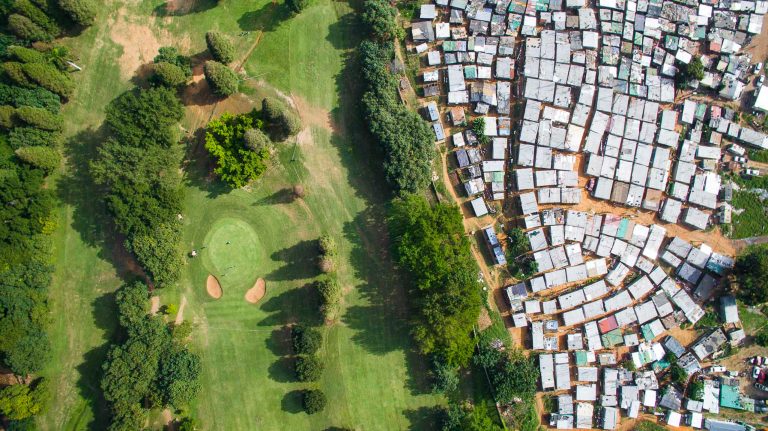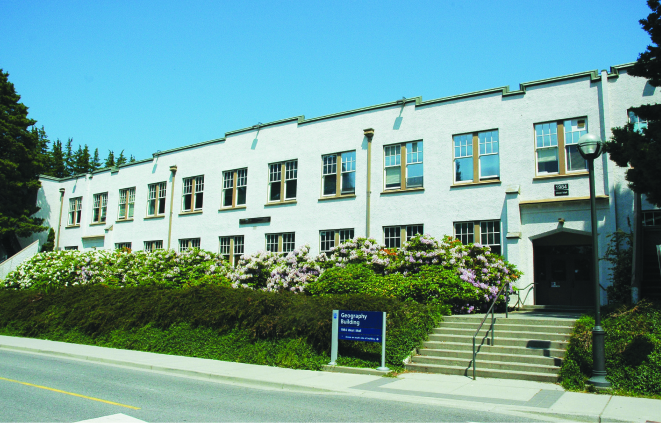A new paper, published in Regional Studies and co-authored by Prof. Jamie Peck, discusses past trajectories of uneven development, and what they mean for future research.
A dialogue on uneven development: a distinctly regional problem
Uneven development is back and high on academic, policy and political agendas.
Resurgent sociospatial inequality and national discourses are a timely illustration of this enduring feature of the capitalist space economy.
Building on an in- conversation Regional Studies Association (RSA) webinar, leading researchers discuss what the current conjuncture of capitalism and its historical geographical specificities mean for uneven spatial development.
They reflect on how they encountered the issue of uneven development, how treatments have changed over time from a ‘heyday’ in the early 1980s to the present day, and set out an agenda for where uneven development research needs to go next.



